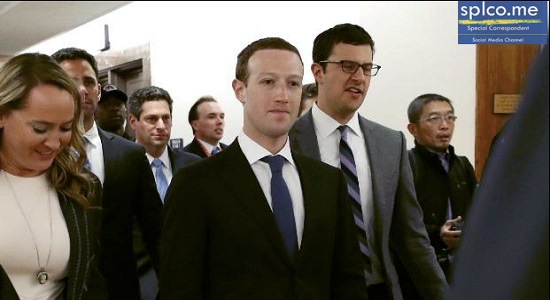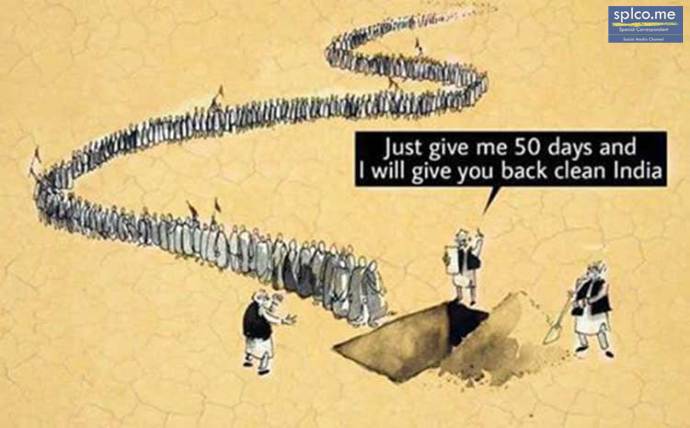Facebook Inc Chief Executive Mark Zuckerberg met U.S. lawmakers to apologize for the social network's misuse of its members' data and to head off possible regulation.

His apologies precede two days of congressional hearings this week, where Zuckerberg will be asked how 87 million Facebook users' data was improperly shared with a political consultancy, Cambridge Analytica.
He will also likely face questions about ads and posts placed by Russian operatives, in what U.S. authorities believe was an attempt to influence the U.S. 2016 election.
"We didn't take a broad enough view of our responsibility, and that was a big mistake," he said in written remarks released by the U.S. House Energy and Commerce Committee on Monday. "It was my mistake, and I'm sorry."
If Zuckerberg does not provide satisfactory answers this week, Congress is more likely to push new laws to strictly regulate Facebook. Anticipating such a move, the company has already said it favors new legislation that would make social networks disclose who is behind political ads, much as TV and radio stations must already do.
Tighter regulation of how Facebook uses its members' data could affect its ability to attract advertising revenue, its lifeblood. Facebook shares closed up 0.5 percent on Monday. They are still down almost 17 percent from highs hit in January, amid a broader tech selloff, partly because of investor concerns about regulation.
Zuckerberg said in his testimony that Facebook's major investments in security "will significantly impact our profitability going forward."
Facebook has about 15,000 people working on security and content review, rising to more than 20,000 by the end of 2018, Zuckerberg's testimony said. "Protecting our community is more important than maximizing our profits," he said.
As with other Silicon Valley companies, Facebook has been resistant to new laws governing its business, but on Friday it backed proposed legislation requiring social media sites to disclose the identities of buyers of online political campaign ads and introduced a new verification process for people buying ads, which do not endorse any candidate but have been used to exploit divisive subjects such as gun laws or police shootings.
The steps are designed to deter online information warfare and election meddling that U.S. authorities have accused Russia of pursuing, Zuckerberg said on Friday. Moscow has denied the allegations.
A Facebook official confirmed that the company had hired a team from the law firm WilmerHale and outside consultants to help prepare Zuckerberg for his testimony and how lawmakers may question him.














